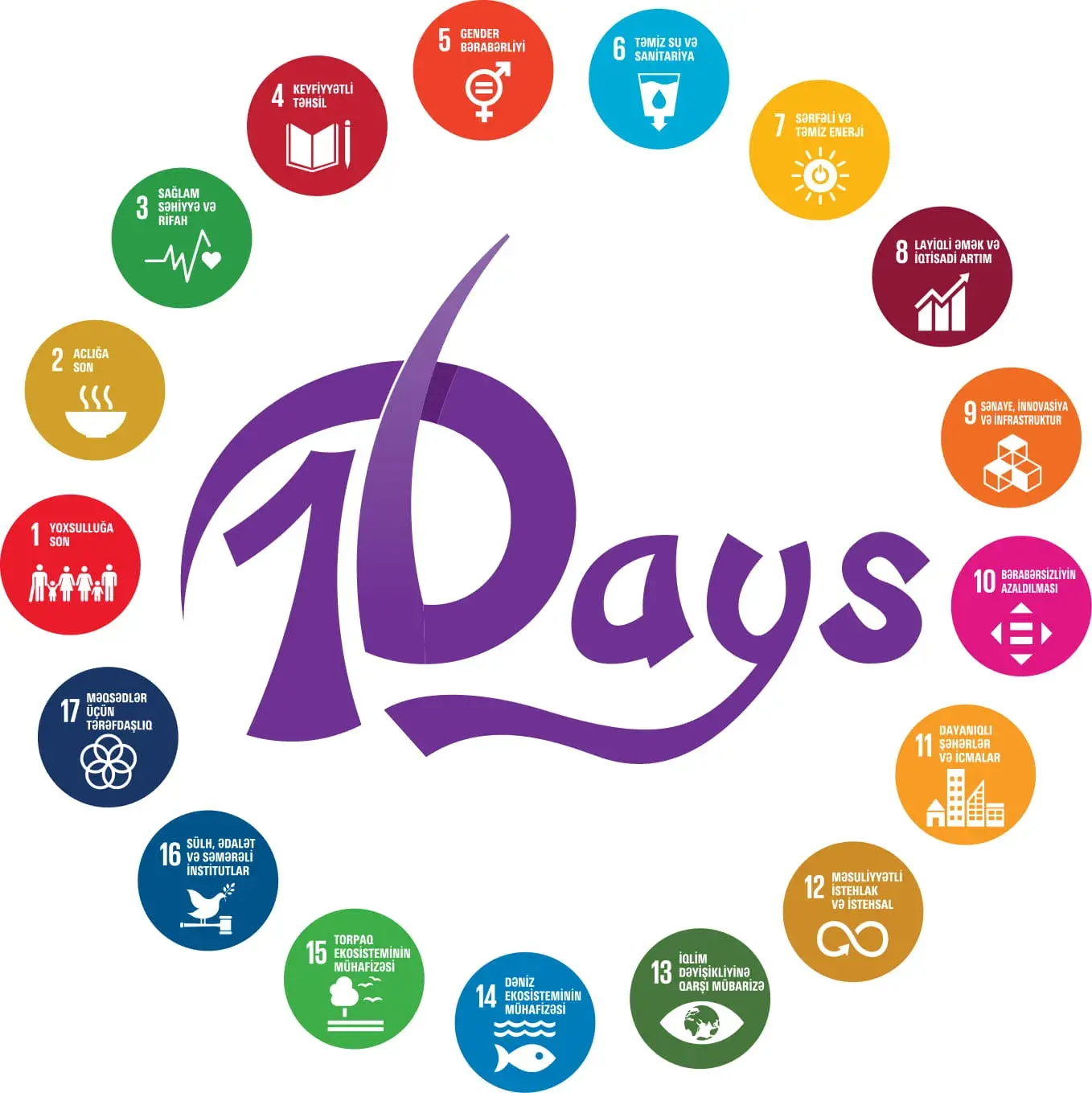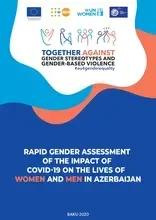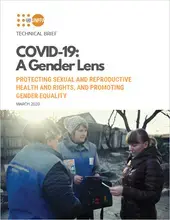Imishli, Azerbaijan – “We are here to pave a new road free of violence and ignorance towards gender-based violence,” says Vusal, 23. “It was utterly challenging for
me participate in this information session.”
Until recently, nobody in a small village of Imishli thought about men coming together to discuss the causes and the negative impact of gender-based violence. Gender-based violence is largely considered a private matter, and stigma prevents many people from reporting it and even participating in such discussions. As a result, media usually reports that the whole community was aware of violence happening in particular household, but nobody ever intervened to protect a victim.
In a tiny room with the sun splitting the stones outside and a community accepting the violence against women as a “family issue” a group of young men tries to offer solutions to confront this phenomenon.
“Over the course of these information sessions about different forms of GBV, I slowly become aware of violence that is there within the families… in our immediate vicinity,” adds Ziya, 28.
New angle of view on old issues
In 2016, UNFPA started an initiative to end gender-based violence in Azerbaijan. The initiative focuses on both upstream engagement and awareness raising to combat GBV.
The UNFPA-supported Center for Social and Psychological studies is engaged in the work with the communities in Aran, Absheron and Lenkoran to raise awareness of the need to end violence and to intervene in cases when it happens.
“Now I know what to do when I see a man abusing his wife or restricting her freedom. Several years ago it was unacceptable to even talk about violence in our community not to complicate the things,” adds Ziya.
“I think what we see is perhaps something that we all recognize. You know how we start making excuses to ourselves. Because we are really desperately hoping that it’s not the way that it actually is,” describes Kamaleddin, 59, an administrator of the canteen where sessions were held. “When I heard about expected info-sessions in our community, I decided to share my canteen for sessions and contribute to the process. It makes me feel like maybe I can do something precious for the community, because facing the fact that I can do nothing to eliminate gender-based violence leads to despair.
“The coping strategies used to respond to domestic violence are very problematic as regards the local context. One of the major impediments to adequately address the issue is the husband’s, family’s, and even community’s inclination to hold the women responsible for almost all cases of violence that happen. In cases when the women are not blamed for what happened, they are seen as the main force that can and should do something to alleviate the problem. Men are never seen as the problem, as everyone believes that men cannot be changed. Therefore I highly appreciate the male involvement approach utilized by UNFPA’s project, as men also need support to combat GBV” mentions Javid Shahmaliyev, the head of the Center for Social and Psychological studies, who facilitates UNFPA’s awareness raising actions in several districts of Azerbaijan.
The USAID funded “Combating Gender based Violence in Azerbaijan” project runs series of group sessions for community members and the male groups alongside supporting the Government with the development of an effective national referral and response mechanism. The sessions focus on the main forms of gender based violence, promoting intervention mechanisms and gender and human rights issues, including psychological and economic abuse.




